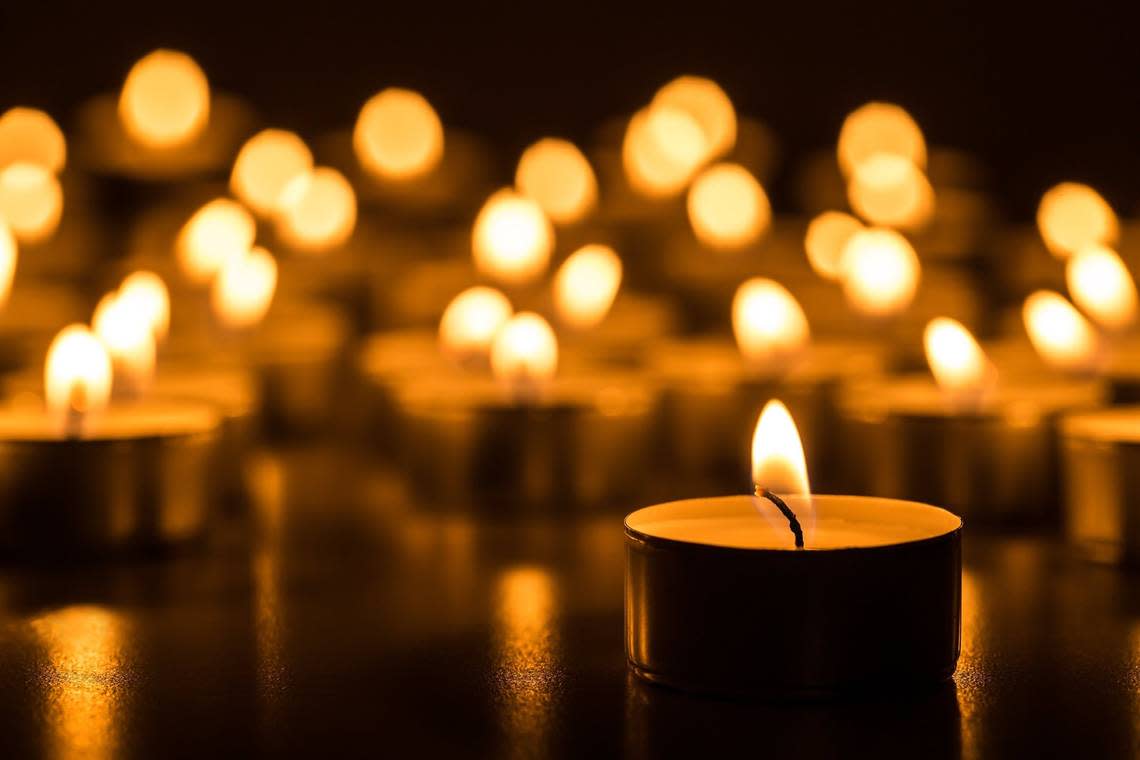Should clergy be required to report abuse or neglect? Lawmakers hear bill on a mandate

For the second year in a row, lawmakers considering legislation that would add clergy to the list of people mandated to report abuse or neglect in Washington state.
The newest version of the legislation, sponsored by Sen. Noel Frame, D-Seattle, and co-sponsored by nine other Senate Democrats, had a public hearing Thursday in the Human Services Committee.
Frame said during the hearing that the bill is a “compromise solution” of a similar bill introduced last year with a requirement that all clergy must report when they learn of abuse or neglect with a “very narrowly defined exemption for penitential communication.”
“This is paired with a duty to warn when clergy have reasonable belief that a child is at imminent risk of harm, even if that belief is informed in part by what they have learned with penitential communication,” Frame said.
“Penitential communication” is defined as communication made in confidence, in the presence of no third party, to a member of the clergy who, as a practice of the clergy member’s church, denomination, or organization, is authorized to hear those communications and has a duty to keep them secret. An example is confession in the Roman Catholic Church.
If clergy suspect abuse or neglect based on observation outside of penitential communication, but then hear something that confirms abuse during penitential communication, that’s when clergy would have a duty to report to the proper authorities, Frame said.
“That does not mean they are reporting the perpetrator to police, that means they are interrupting what they believe is imminent risk to that child…,” she said, noting that she believed that piece of the legislation was crucial to protecting children.
Frame also sponsored the bill last year, after reporting from Investigate West revealed that Jehovah’s Witnesses were covering up child sexual assault in Washington for decades, an issue the Senator said was very personal for her.
The Senate unanimously approved that bill in 2023, with one excused, and passed the House with a 75-20 vote, three excused.
However, the bill hit some snags because of changes made in the House and disagreements between the two chambers about whether or not an exemption should be included for information revealed during a confession. Senators were in opposition to the change in the House that closed the exemption, according to a news release about the latest bill introduction.
Several spoke in support of the newest version of the bill.
Larry Shannon, government affairs director for the Washington State Association for Justice, said during testimony that mandated reporting laws are “some of the most effective tools” to identify abusers and, most importantly, “prevent future abuse from happening.”
“This compromise creates what I call a ‘black box of confidentiality’ that would still exist around the confessional setting, and respect that, and respect the faith traditions that have that, while at the same time creating the mandatory reporting for all other areas of information that comes to their attention,” Shannon said.
He added that he believes the bill would be a “middle ground approach that could work” and that he believes the bill is superior to what other states have done.
Others raised concerns about the legislation.
Jean Hill, executive director for the Washington State Catholic Conference, said the organization supported the mandatory reporting requirements with the exception of penitential communication included in the bill, but were concerned about language that could be misinterpreted to mean “breaking self confession.”
Hill noted that the carved-out exemption for confession is “critical.”
“The Catholic Sacrament of reconciliation is unique among religions,” Hill said. “It is not a counseling session or a judicial process, it is purely a right of worship, like the mass, following prescribed prayers established in the order of penance. The Sacrament of confession is so critical to our faith (that) priests who break the seal are automatically excommunicated.”
The current list of mandated reporters in Washington includes professions such as law enforcement officials, health care providers and social workers.
Washington is one of one five states in the U.S. where clergy are not mandated reporters.
The bill is scheduled for an executive session on Jan. 30 in the Senate Human Services Committee.

